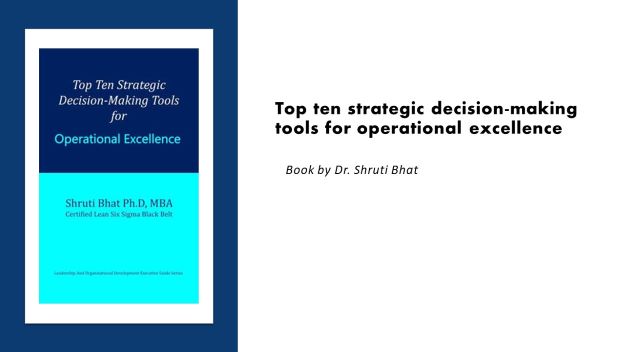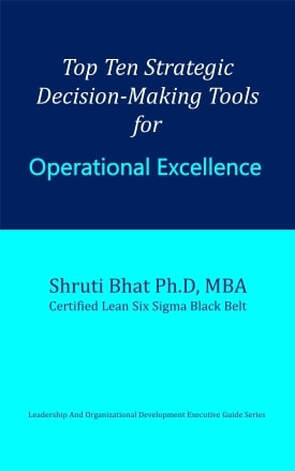But what exactly is Operational Excellence? It is a broad term that can mean different things for different companies. In reality, it refers to the process of executing a business strategy. By focusing on efficiency, every employee is expected to contribute to the company's success.
Operational Excellence efforts have already gained importance in the Manufacturing and Services industry. The pressure to improve productivity, decrease downtime, and reduce waste is mounting.
For instance, Operational Excellence in the Construction industry now have a major focus on employee safety. Recent news reports mention that, a large Construction company adopted an employee communications app to realize their Operational Excellence goals. While the Healthcare industry is constantly searching for ways to cut costs and make processes more effective. In fact, few acute-care hospitals are now implementing Lean practices for improving operations.
Operational Excellence and Continuous Improvement are the keys to a successful business.
Continuous Improvement ensures standardized processes. Without a standard methodology to work processes, leaders will be too busy fixing existing processes to innovate and increase revenue. As a result, they may not be able to focus on new business growth and may even be detrimental to the company's survival.
Operational Excellence on the other hand, deals with improving business’s operating efficiency. And it all starts with making sure everyone knows their role and that responsibilities are clear.
To achieve Operational Excellence, you need to have an executive vision and written goals for the entire company. The goals should be SMART: specific, measurable, achievable, relevant, and time bound. Then, you must have a detailed organizational structure and a steering team to help you implement and measure the program. You should also have a comprehensive auditable listing of all the governing requirements, including EHS (Employee Health Safety), international standards, and local regulations. Once you've identified your KPIs, you can create a plan to achieve them.
Achieving Operational Excellence requires a team effort, and everyone within the organization needs to be involved. In order to achieve this goal, managers should first explain (to their teams) what Operational Excellence is and why it is so important. This can be especially challenging for hybrid workplaces, asynchronous, or on-site teams. Fortunately, there are several tools available to help managers and teams create an environment where Operational Excellence is a shared goal and gives a sustainable competitive advantage.
For example, the use of decision-making tools in Smart production is sure way to improve operational performance. Smart production is a popular trend that incorporates AI (artificial intelligence) and decision technologies. This trend is expected to continue and become even more popular in the coming years. Despite its popularity, Smart production is not without risk. This is why incorporating AI and decision technologies into production operations is essential for achieving Operational Excellence.
But organizations cannot simply mandate efficiency. They must provide the tools to let employees refine operations and perform their best.
So, what are these tools and how can companies utilize these tools?
*********
End of preview
To know more checkout the book here.
| Grab your copy of this book Now! Available as- Hardcover, Paperback and Electronic formats in all popular book stores worldwide! |
Related reading:
- How to Choose a Business Process Improvement or Continuous Improvement project?
- Popular Continuous Improvement Workshops & Webinars for Manufacturing Industries.
- Kaizen for pharmaceutical, medical device and biotech industries.
- 30 Proven Continuous Improvement tools.
- Business process improvement for manufacturing and service industry.
#strategymanagement #decisiontools #decisionmaking #operationalexcellence #strategicdecisionmaking






















